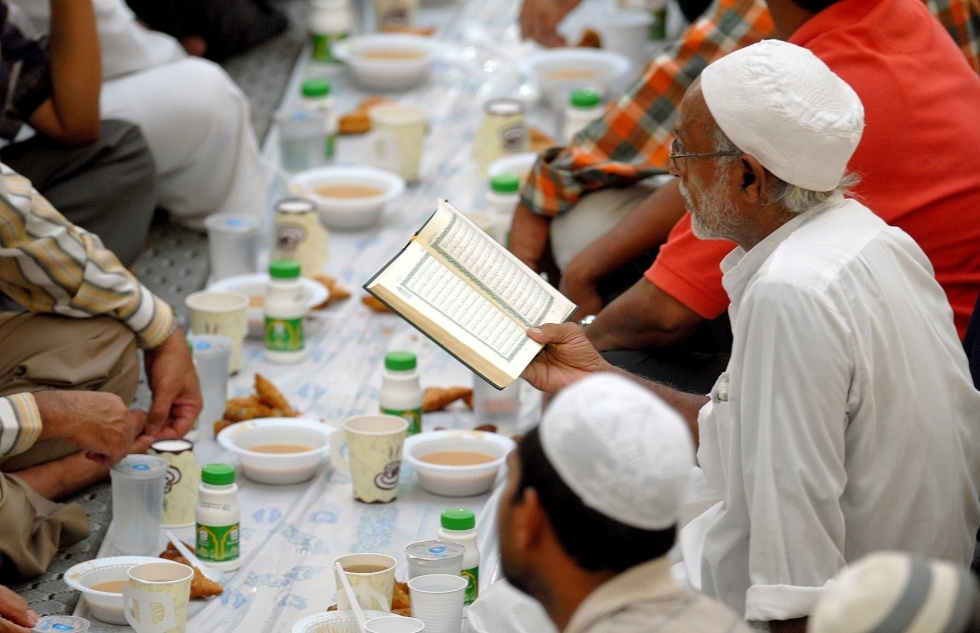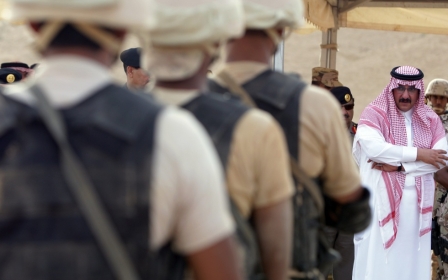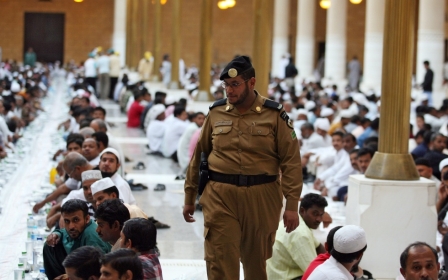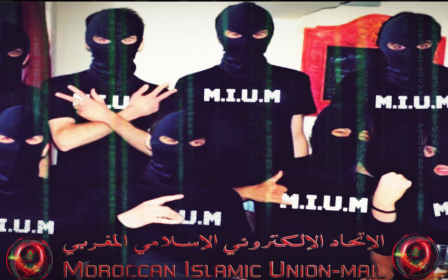Saudi Arabia sack preachers for 'supporting the Muslim Brotherhood'

Authorities in Saudi Arabia have sacked three religious preachers for allegedly having links to the banned Muslim Brotherhood, according to local news reports on Monday.
Local daily Okaz did not reveal the identity of the preachers but said they are “well-known and wield huge influence in their areas”. They have reportedly been sacked for their “constant abuses on social networks”.
Saudi Arabia designated the Muslim Brotherhood a terrorist organisation on 7 March. Last month, the deputy minister for Islamic affairs warned imams about discussing politics in Friday sermons.
“If the ministry finds an Imam using the sermon as a political platform, they will be reprimanded and if they do accept their mistake they will be sacked,” Sheikh Abdel Mohsen ibn Abd Alziz Alshaykh told Okaz newspaper last month.
The minister for Islamic affairs, Sheikh Saleh bin Abdul Aziz al-Sheikh, had previously warned that imams who were supportive of the Muslim Brotherhood faced “strict censorship and if they do not abide by the country’s regulations then they will be punished”.
New MEE newsletter: Jerusalem Dispatch
Sign up to get the latest insights and analysis on Israel-Palestine, alongside Turkey Unpacked and other MEE newsletters
After the Egyptian security forces shot unarmed protesters around Rabaa al Adawiya mosque last July, prominent Saudi religious clerics posted the four-fingered “Rabaa salute” on their Twitter accounts to show solidarity with at 638 people who were killed in a single day. Some have complied with the censorship rules, but others have defied authorities, with the first casualties apparently now seen in the sacking of these three preachers.
The rulers of Saudi Arabia supported the military coup in Egypt last year and have been a key financial backer of the interim government there, providing billions of dollars in aid to prop up an ailing Egyptian economy.
Opposition figures believe Saudi authorities are coming down hard on imams supportive of the Muslim Brotherhood because they fear the public expressing hostility to their foreign policy.
“Saudi Arabia has been at the heart of counter-revolutionary forces in the region, through their support for the coup in Egypt, and they are fearful of people discussing foreign policy as it may exacerbate an already growing opposition movement,” Kassab al-Otaibi, Saudi academic and opponent of the monarchy, said last month.
Otaibi believes sacking imams who discuss politics will do little to stem the tide of criticism facing authorities.
“This will not stop people talking about growing social and economic problems, as can be seen by the hugely popular videos being posted by people angry with the King for not having an economic vision for the country,” Otaibi said.
There has been a wave of videos posted to YouTube by Saudis angry with the government in recent weeks. In many of the post videos, people show their identification card to the camera and criticise the King for not providing adequate economic opportunities in the country. The “ID protests” have received millions of views and a popular Twitter hashtag has had over a million tweets discussing the videos.
Saudi Arabia, with a populations of 28.3 million, is the biggest user of YouTube per capita in the world, according to Reuters, with people turning away from state-owned television outlets towards citizen start-up channels that broadcast a wide array of news, satire and comedy.
This explosion of online activity has seen authorities make similar warnings to those who run YouTube channels as have been made to Imams who discuss politics.
“We will make them [YouTube users] aware of what’s acceptable in Saudi Arabia and what’s not acceptable,” Riyadh Najm, president of the General Commission for Audiovisual Media in Saudi Arabia, told The Wall Street Journal last month.
“Criticism is acceptable as long as it’s professional and constructive,” he added.
Middle East Eye delivers independent and unrivalled coverage and analysis of the Middle East, North Africa and beyond. To learn more about republishing this content and the associated fees, please fill out this form. More about MEE can be found here.




